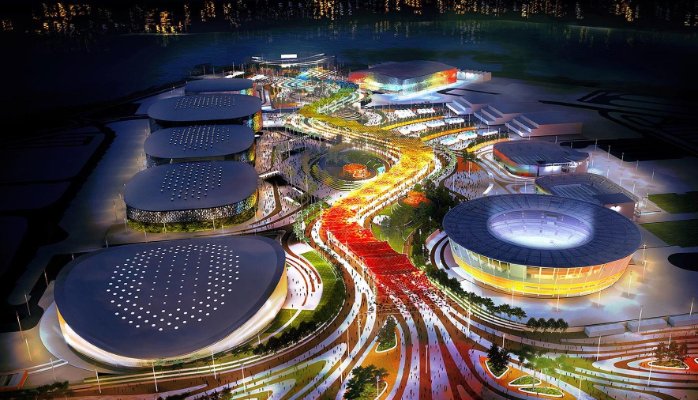
As Rio prepares for the final days prior to the opening ceremony next Friday, it’s important to recognise that the 2016 Olympics games are not just about athletes and medals. While of course we are going to be supporting our Aussie Olympic team comprising some 410 athletes competing in 26 sports. This year is actually a momentous occasion for the Australian team. It marks 120 years of participating in the Olympic games!
As an urban planner, it’s very exciting to see new projects shape the skyline of an Olympic host city. Just look how Homebush was transformed since the Sydney Olympics in 2000. These new projects in Rio such as sporting stadiums, infrastructure projects and tourist facilities will no doubt be buzzing with people during the games. However, what will happen to these buildings and facilities post the games? The Olympic legacy is born right after the closing ceremony.

According to the official Olympic Games website, the games will:
“Have the power to deliver lasting benefits which can considerably change a community, its image and its infrastructure. As one of the world’s largest sporting events, the games can be a catalyst for change in a host city with the potential to create far more than just good memories once the final medals have been awarded.”
The legacy brings a boost to local sport, new sporting venues, urban revitalisation, transport upgrades and increased economic activity and tourism.
The list below shows how purpose-built buildings will be converted into practical facilities after the games.
The challenge of urban planners who have the opportunity to be involved with Olympic games, is to ensure such facilities can be utilised in the future and are sustainable. Without such foresight, Olympic games would be a drain on the local economy after the games are over. Let’s hope Rio will not only benefit from the short-term injection during the games, but that the Olympic legacy will be showcased through quality urban planning outcomes.